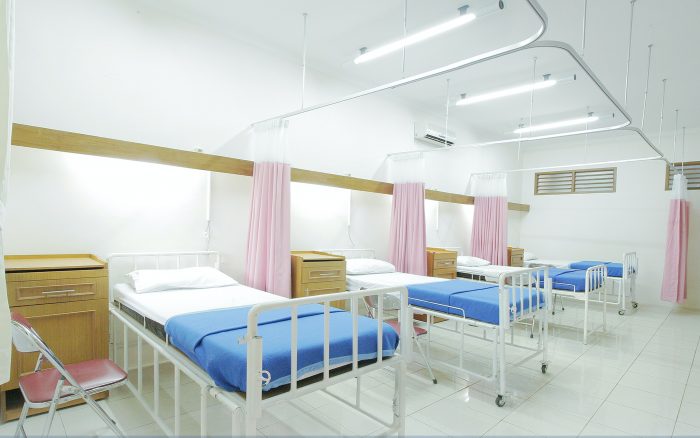Message from the Department of Health (PA DOH):
With the recent rise in COVID-19 case counts across the Commonwealth and the country, the Pennsylvania Department of Health (PA DOH) wants long-term care facilities (LTCFs) to be aware of the multiple ways to access lifesaving COVID-19 treatment and preventive products.
We distribute the following outpatient therapeutics directly to LTCFs that enroll in the PA DOH network:
- Treatment: Oral antivirals (Paxlovid & Lagevrio);
- Treatment: Monoclonal antibodies (Bebtelovimab); and
- Preventive: Monoclonal antibodies for pre-exposure prophylaxis (Evusheld).
Stocking therapeutics on-site can help eligible patients access preventive protection and receive timely treatment, which must be initiated within a matter of days from symptom onset. Most patients who test positive for COVID-19 are eligible for treatment.
The one-page guide for LTCFs covers how to enroll in the PA DOH therapeutics network. The first step is to complete our therapeutics enrollment form. You will receive additional instructions after form submission. To enroll, your facility will need a pharmacy license and/or a licensed medical director to take responsibility. If you do not have either of these, please reference the guide for alternative options to access COVID-19 therapeutics.
In addition to reviewing the guide, we appreciate you sharing it with other relevant LTCF stakeholders.
If you have any questions, please do not hesitate to reach out via email. Thank you for all that you do to protect vulnerable residents across the Commonwealth. We appreciate your partnership in the fight against COVID-19.













